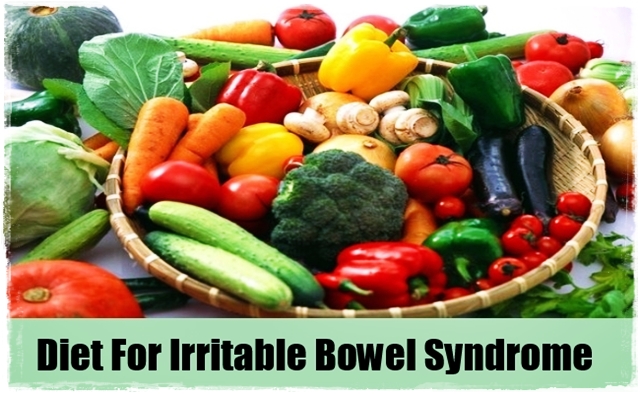Irritable bowel syndrome (IBS) is a common abdominal disorder that affects large intestine in the human body. IBS has distinct symptoms related to stomach disorders. You just need to identify eatables that trigger IBS and food that you must eat to control it.
Signs & symptoms
Bloating, Stomach pain & cramps, excessive gas, Diarrhea or IBS-Dor constipation IBS-C, irregular bowel movement, and mucus in stool.
IBS-C and Food
The IBS patients having constipation must include sufficient soluble dietary fiber in their food. Approximately 25g for women and 38g for men per day.
What is Soluble Fiber?
Soluble fiber absorbs water and makes food waste softer, allowing easy passage for bowel movement.
Soluble Fiber Food
It is available in peas, barley, Dals, oatmeal, nuts, beans, apples, and blueberries in good quantity.
What is Insoluble Fiber?
Insoluble fiber does not absorb water, thus hampers bowel movement.
Insoluble fiber Food
Insoluble fiber such as Wheat bran, Nuts, Beans, Cauliflower, Green beans, Potatoes, Green leaves, vegetables, and whole grains are not appropriate for IBS-C patients.
IBS-D and Food
The food in moderation is the key for IBS-D patients, also recommended for soluble fiber as it stays longer inside the intestine and keeps bowel movement normal.
Food for IBS-D
You can find soluble fiber in foods such as Barley, Oats, Peas, Beans, Apples, Citrus fruits, and Carrots etc.
In some cases of Diarrhea, insoluble fiber food helps to control it. However, everyone has different body system.
FODMAPs
FODMAP is an acronym, derived from “Fermentable Oligo-, Di-, Mono-saccharides And Polyols ow FODMAP diet that controls IBS.
FODMAPs are short-chain carbohydrates that are poorly absorbed in the small intestine.A low-FODMAP diet might help to improve short-term digestive symptoms.
- Fruits such as apples, apricots, blackberries, cherries, mango, nectarines, pears, plums, and watermelon, or its juice.
- Vegetables such as artichokes, asparagus, beans, cabbage, cauliflower, garlic and garlic salts, lentils, mushrooms, onions, and sugar snap or snow peas
- Dairy products such as milk, milk products, yogurt, custard, and ice cream.
- Honey and foods with high-fructose corn syrup
IBS has no specific treatment; you just need to control it with right food.
written by Avni Kaul – Nutritionist and Wellness Coach


